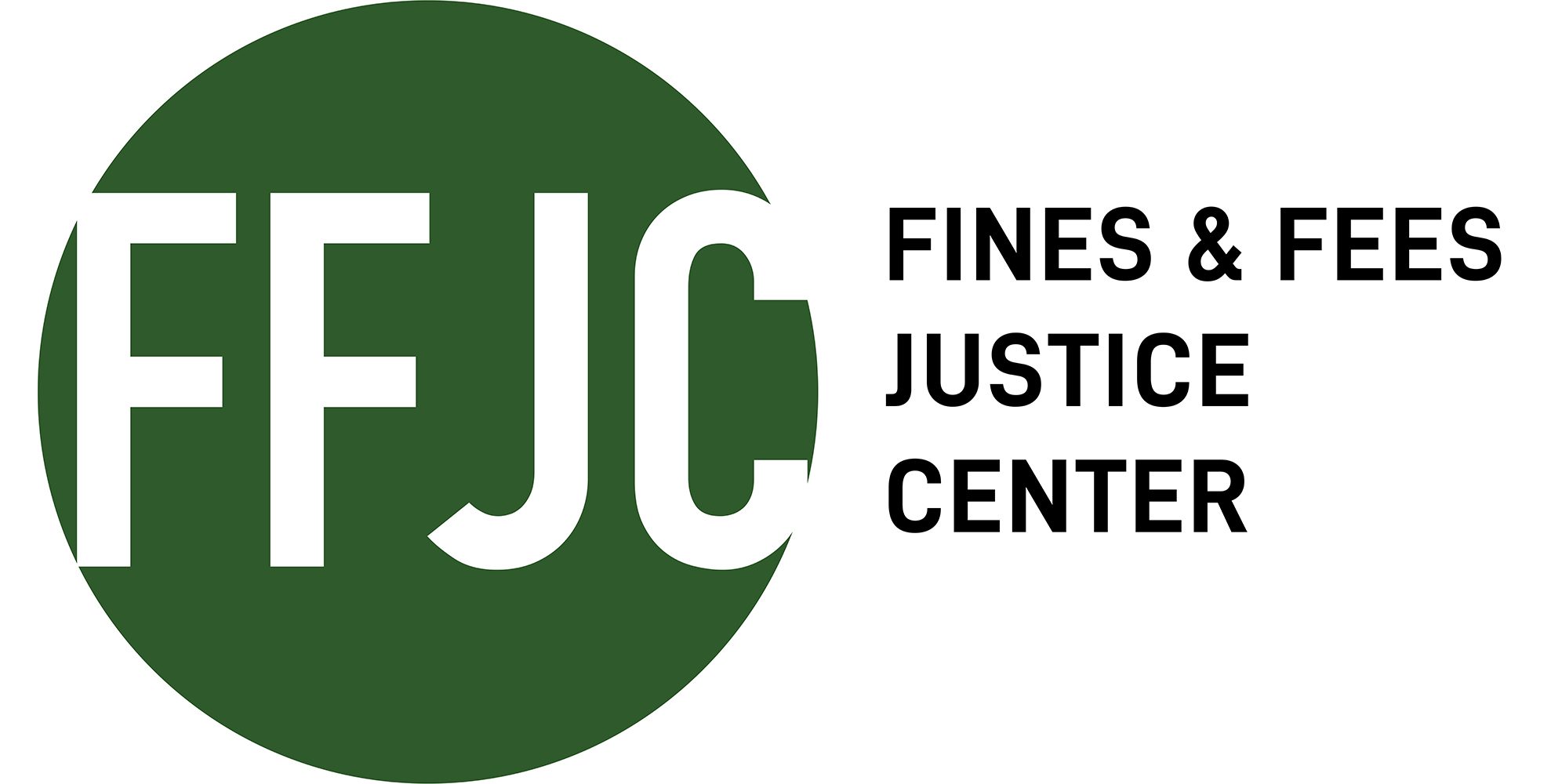In this report, Mario Salas and Angela Ciolfi analyze driver’s license suspension policies in all 50 states and describe the harmful consequences of “license-for-payment” systems. The authors explain that suspending a person’s driver’s license limits their ability to pay their court debt because most people need to drive to get to work. When people lose their driver’s license they often lose their job and/or have trouble finding work. Because people need to drive to go to work, to get to a doctor’s appointments, or provide transportation for their children, they often drive on a suspended license. If they are stopped by law enforcement, they are charged with driving on a suspended license, may suffer a criminal conviction and are assessed more fines and fees. The resulting cycle of debt and prolonged criminal justice system involvement disproportionately burdens low-income people. Finally, the paper provides recommendations to help jurisdictions “reduce or eliminate the use or impact of court debt suspensions.”
You can read the full report here.
Key Findings
- Forty-three states and the District of Columbia use driver’s license suspension to coerce payment of court debt.
- “In 40 states, driver’s licenses may be suspended without regard to the driver’s ability to pay at the time of suspension. Only four states—Louisiana, Minnesota, New Hampshire, and Oklahoma—require a determination that the person had the ability to pay and intentionally refused to do so.”
- Just 5 states account for 4.2 million drivers who have had their licenses suspended or revoked because of failure to pay court debt: Texas, North Carolina, Virginia, Tennessee, Michigan.
- “Nineteen states—almost 40% of the nation—have rules that require driver’s license suspension following a missed court debt payment deadline.”
- Driver’s license suspension policies undermine public safety and clog the courts and jails with people who are simply guilty of “driving while poor.”
Recommendations
- States should end the use of driver’s license suspensions for unpaid fines and fees.
- Licenses should never be suspended without notice of the alleged default and a hearing at which a judge is required to find that the person has the ability to pay the amount owed.
- Courts should provide lawyers at any and all ability to pay hearings.
- “State executive agencies should monitor civil rights consequences of license suspension for nonpayment, seeking out any disparities based on race and economic status,” and “identify unnecessary barriers to driver’s license reinstatement.”
- States and localities should reevaluate existing rules on court costs and fines, explore alternative programs, and consider whether courts should be funded with so-called user fees.
Related: Stinnie v. Holcomb
